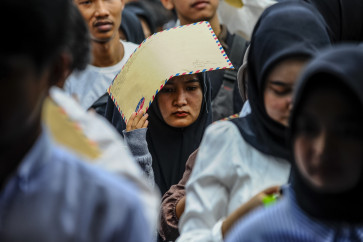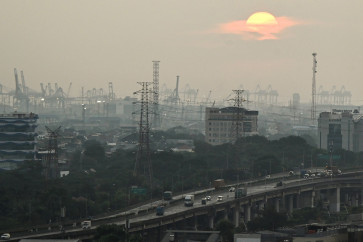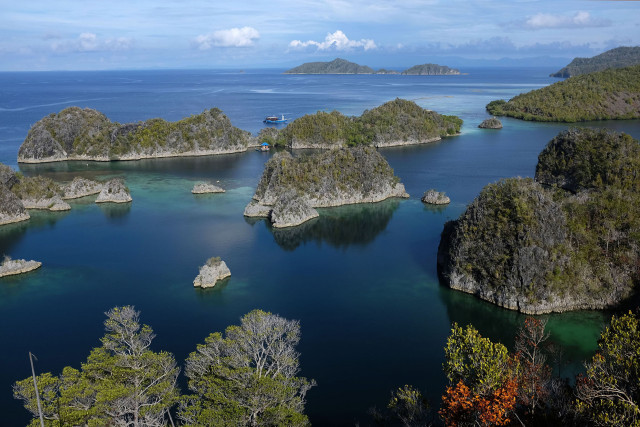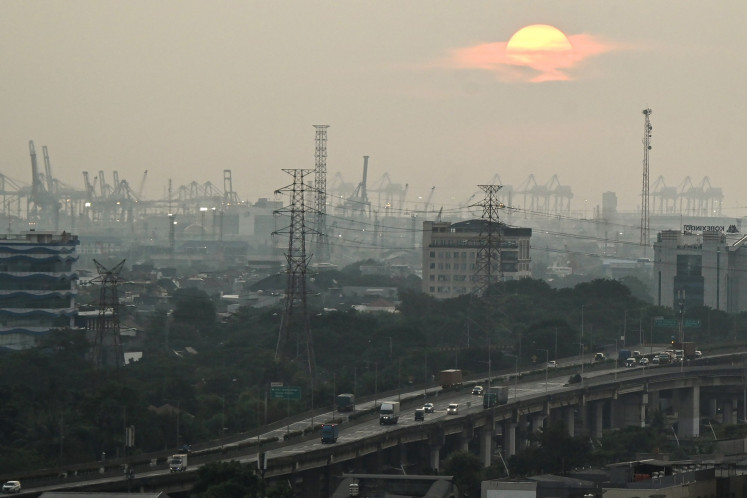MH370: Time Asean looked to the skies
Governments' failure to fully share information in the search for the missing airliner underlines the need for more cooperation across the region's airspace
Change text size
Gift Premium Articles
to Anyone

G
overnments' failure to fully share information in the search for the missing airliner underlines the need for more cooperation across the region's airspace.
Rather than getting angry over criticism that they have failed to share information in the search for the missing Malaysian airliner, members of the Association of Southeast Asian Nations (Asean) must review their arrangements regarding cooperation.
Last week Indonesia slammed Malaysian media for alleging that Jakarta had failed to share radar information that could reveal the aircraft's flight path.
"Indonesia has expressed its protest against the [Cabal Times] for implicating it [sic] to an article titled 'MH370 Hidden in the United States Base in Diego Garcia', published on March 17", read a statement from the Indonesian Embassy in Malaysia.
Meanwhile Thailand reacted with fury to a Fox News opinion piece that criticised its air force for sitting for 10 days on what could be another radar sighting of Flight MH370. Headlined "Shame on pathetic, cruel Thailand", the article sarcastically questioned why it took the Royal Thai Air Force so long to release that information.
The harsh criticism might not be entirely fair, since it fails to take into account existing agreements on sharing information among Asean member-countries. These cover various fields, including intelligence on terrorists and trafficking in people, but sharing information on air territory is another story.
Unlike in Europe or North America, Asean states maintain tight security when it comes to information about traffic in their skies. Despite the fact that longstanding cooperation is set to be extended with the launch of the Asean Economic Community next year, the regional neighbours have no experience in sharing such data. Airspace remains cautiously protected sovereign territory.
Sharing what goes on in their skies could mean revealing their respective military capabilities. Malaysia might question why Thai radar is monitoring movements outside Thai airspace. Indonesia might have had no explicit intention to hide information about the missing plane, but might not want its neighbours to know about its radar ability.
The balance of power in a region always depends, to some extent, on such secrecy regarding military capability. Those countries with more advanced capabilities like to keep others guessing about the size and sophistication of their military, while "weaker" states will project an image of strength to maintain their position in the power balance.
The countries of Southeast Asia have been married as a trading bloc for more than 40 years, but they have not fostered cooperation in all areas. Security remains firmly a matter of national interest, reflecting a level of mistrust that has not lessened on the eve of the AEC inauguration. In public they say they have nothing to hide from each other, but in private there are many things they will not share.
However, the disappearance of Malaysia Air 370 is an unprecedented event in aviation history. The search for the plane and the 239 people on board is a challenge for the technology of every country involved, not just that of our region. Asean leaders will meet next month in Myanmar. They should take the opportunity to ask whether it time for the grouping to extend its sphere of cooperation into the skies. (***)









